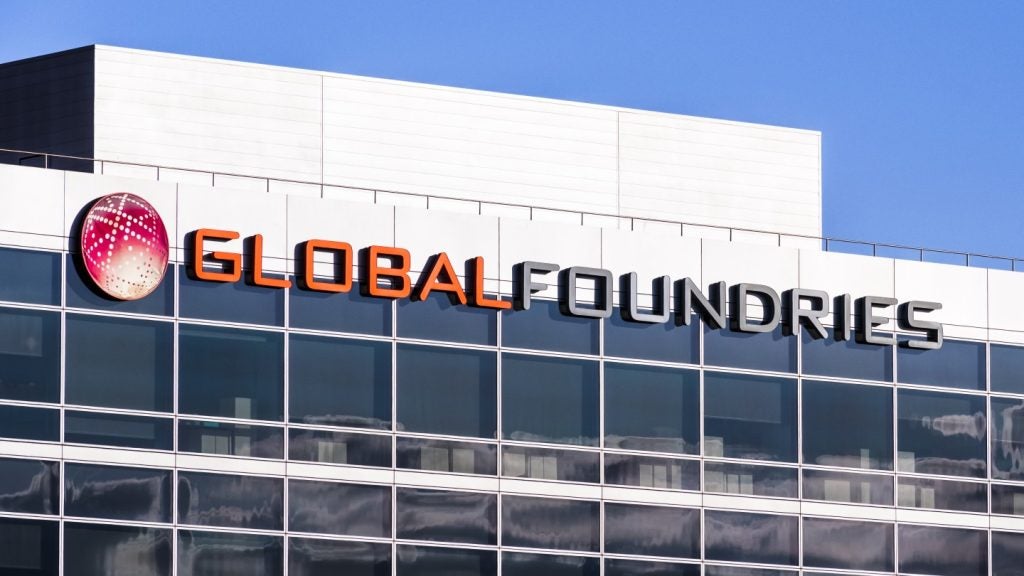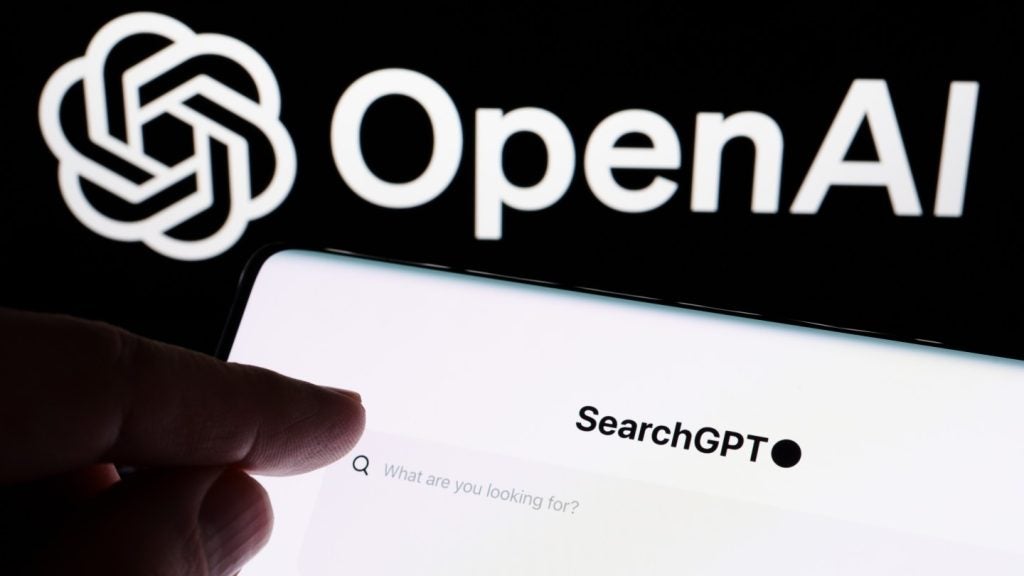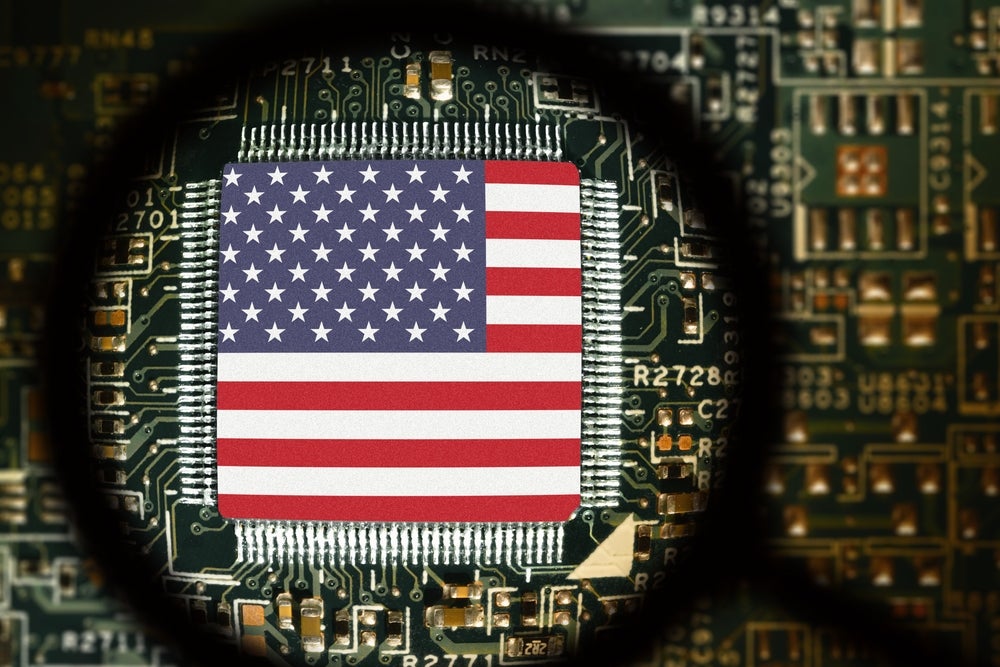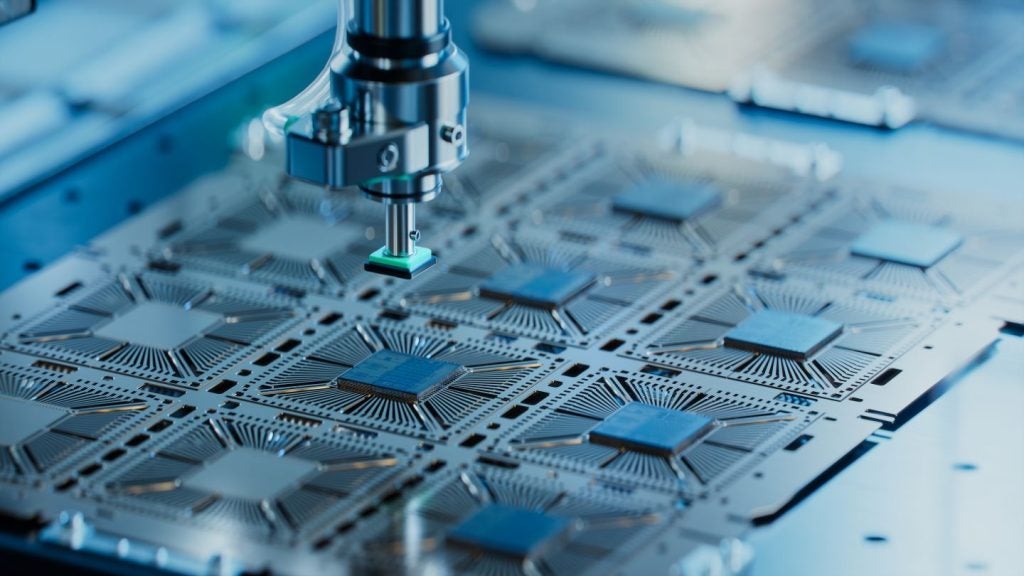In one of the most significant moves made by any telecoms operator in Middle East and North Africa (MENA) to turbocharge AI capabilities, Ooredoo Group is boosting its 26 data centres by incorporating NVIDIA’s high-density graphics processing units (GPUs).
It is also becoming the region’s first Nvidia Cloud Provider. As a result, Ooredoo will be developing an AI- and ML-ready platform powered by Nvidia’s stack of software and services, including generative AI (GenAI).
The deal follows a similar one struck by Ooredoo’s Indonesian unit Indosat with Nvidia in February 2024, where it was announced that Nvidia’s Blackwell platform will be incorporated into Indosat’s infrastructure to bring sovereign AI cloud and services to Indonesia via a planned $200m AI data centre in Surakarta.
A step up from central processing units (CPUs), GPU chips aid in workload acceleration of heavy processing tasks, offering enterprise customers access to the latest AI capabilities tailored for high-demand computing tasks. Sectors that can significantly benefit from this are infrastructure, energy, and mining, with healthcare, finance, education, and telecommunications also set to profit.
Ooredoo has signalled its intent
As a Nvidia Cloud Provider, Ooredoo has signalled its intent to be a leading digital infrastructure provider in MENA. Each Ooredoo unit will be able to establish its own local clouds, bringing AI infrastructure closer to both Ooredoo and non-Ooredoo customers, and allow for greater data sovereignty and security in compliance with local laws. Ooredoo stated it is investing $1bn to boost its data centre capacity by 65% by 2030, adding that it is seeing cloud adoption growing by an average of 30% year-on-year.
The export of advanced proprietary US technology has been a concern to US lawmakers, with government restrictions being placed on Middle Eastern orders for high-end AI chips, in an attempt to thwart China potentially intercepting them. There is currently a bottleneck of regional customers ordering chips and other technologies from Nvidia, AMD, and Intel, as well as US hyperscalers. Ooredoo’s deal with Nvidia can be interpreted in one of three ways:
- The policy has been unofficially relaxed in order to mitigate increasing Chinese tech influence in the region, as evidenced by Huawei’s recent deployment of a cloud region in Egypt – the first global tech firm to do so in North Africa.
- The GPUs purchased by Ooredoo have been categorised as mid-range technologies that fall outside the stringent US restrictions.
- The geographical restriction of technologies like AI manufactured by the likes of Nvidia is not sustainable into the long term. So, vendors are testing the limits of strict criteria of US export controls.
Ooredoo added that the three Middle Eastern countries where is operates – Qatar, Kuwait, and Oman – host US military bases and large US corporations, which in turn can be customers of these technologies. Other Middle Eastern AI vendors, like the UAE’s G42, is phasing out Chinese hardware, which has enabled it to secure a $1.5bn AI deal with Microsoft in April 2024.
Whatever the case, it is clear that MENA is heating up as a tech battleground between China and the US. The one that will profit from this dynamic are the telecoms operators in the region, and by extension, local and regional businesses.








